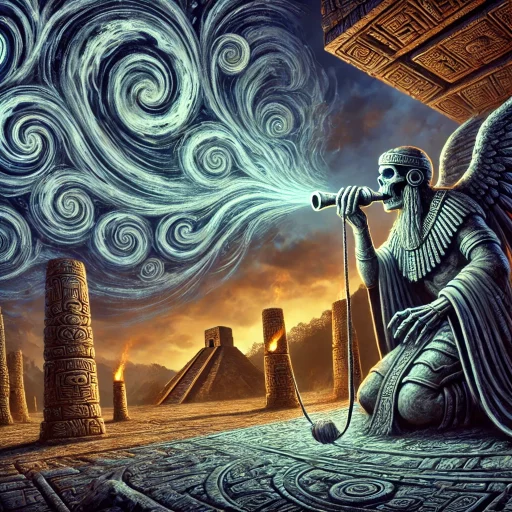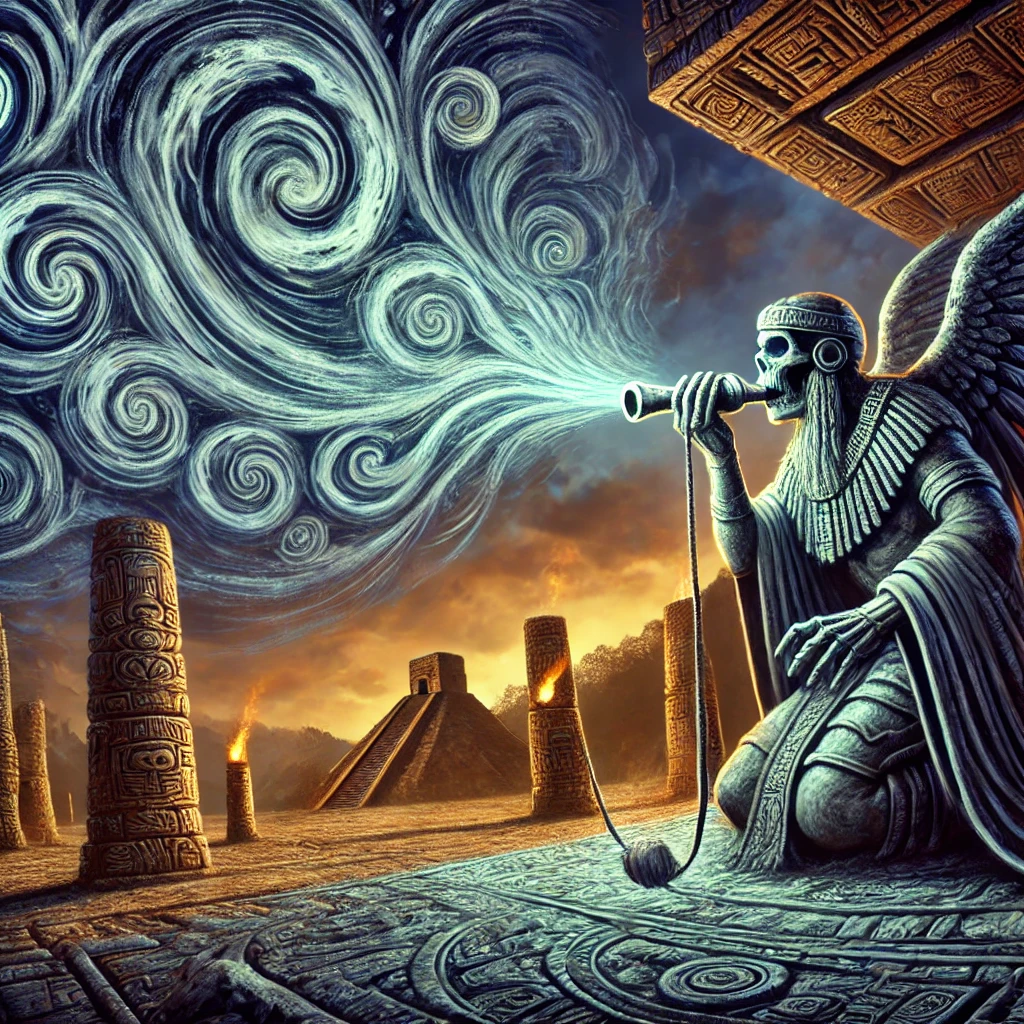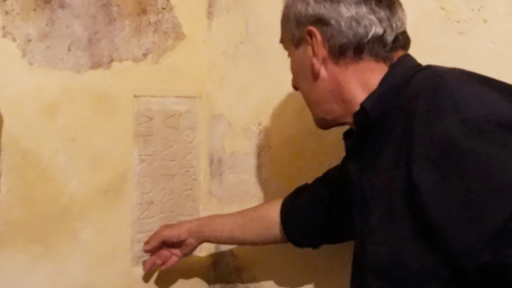The Scream That Haunts Across Centuries
Imagine hearing a sound that mimics a human scream so perfectly, it chills you to the bone. The Aztecs, a civilization known for its deep connection to rituals and symbolism, created such instruments called “death whistles.” Scientists have recently discovered these whistles not only sound eerie but also deeply affect the human brain, even in modern times.
Fear and Alertness in Modern Listeners
Researchers played recordings of Aztec death whistles to participants and observed their reactions. The listeners consistently described the sounds as “frightening” and “unpleasant.” Using brain imaging techniques, scientists found increased activity in regions responsible for processing sound and emotions. This reaction shows the whistles are effective in triggering fear and alertness.
Insights Into Ancient Psychology
This discovery underscores the Aztecs’ understanding of human psychology. It suggests the whistles were intentionally crafted to evoke intense emotional reactions, possibly used in rituals, battles, or other ceremonial contexts. The ability of these sounds to impact the brain even today demonstrates the universal and timeless nature of human emotional responses to sound.
From Ancient Rituals to Modern Applications
The study of these death whistles opens doors to understanding how sound influences our emotions and behavior. Such knowledge could inspire modern applications in areas like sound therapy, entertainment, or psychological research. These ancient tools reveal that the Aztecs were far ahead of their time in utilizing sound as a form of influence and communication.
Source: Arkeo News





